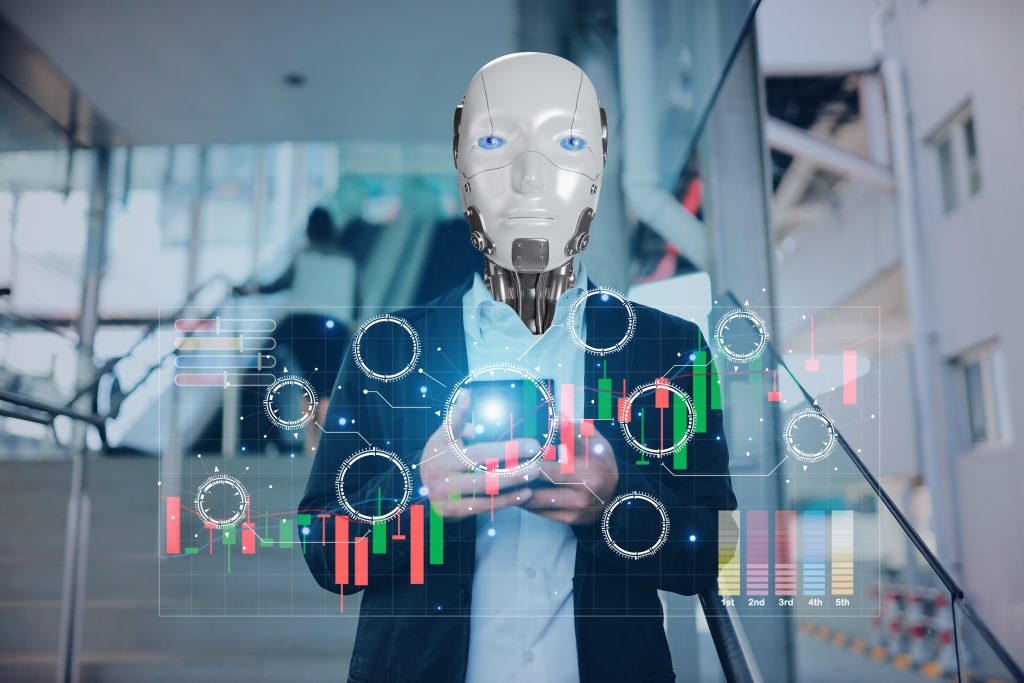What Does It Mean to Be an Accountant Today? Navigating the New Norms in the AI-Driven Era

Understanding the pivotal role of artificial intelligence (AI) in transforming the accounting landscape necessitates a nuanced dialogue among professionals. As we embark on this exploration, it’s crucial to recognise that AI is not just a technological trend but a fundamental shift in how accounting practices evolve, influence decision-making, and ultimately, define the profession’s future. This dialogue is imperative for the accounting community as it navigates the opportunities and challenges posed by AI, ensuring the profession remains at the forefront of innovation and efficiency.
Operational Mechanisms of AI in Accounting
Automating Repetitive Tasks
AI’s impact on automating repetitive accounting tasks is profound, primarily through machine learning algorithms and robotic process automation (RPA). These technologies excel in tasks such as transaction coding, invoice processing, and bank reconciliations by identifying patterns, learning from historical data, and executing predefined rules. Bots, or software robots, play a crucial role here by automating routine workflows, reducing errors, and freeing up accountants to focus on more complex and judgment-intensive activities.
Enhancing Oversight with Predictive Analytics
Beyond automation, AI aids in oversight through predictive analytics and anomaly detection. By analysing historical financial data, AI can forecast future trends, identify potential risks, and alert accountants to irregularities. This predictive capability enables accountants to proactively manage risks and advise on strategic decisions with greater accuracy and insight.
The Evolving Role of Accountants: Specifics
Shift from Transactional to Analytical
The accountant’s role is shifting from transactional tasks to a more analytical and advisory capacity. Accountants are increasingly required to interpret data, provide strategic insights, and guide business decisions. This transition demands a new skill set focused on data analysis, critical thinking, and understanding the ethical implications of AI.
Necessity for Tech-Savvy Accountants
The evolving role also underscores the need for accountants to be tech-savvy, not only in using AI tools but in understanding their underlying mechanisms. Knowledge of how AI algorithms work, the ability to scrutinise AI-generated reports, and the skills to use large language models for financial analysis are becoming essential.
Generative AI and Large Language Models in Accounting
Current State and Future Potential
While true generative AI, capable of creating novel content or solutions based on minimal input, is still emerging in accounting, its potential impact is significant. Tools like accounting-specific GPT (Generative Pre-trained Transformer) models could revolutionise how financial analysis and reporting are done, offering tailored insights, drafting complex financial narratives, and even providing decision-making support.
Integrating large language models in accounting software could automate more nuanced tasks like drafting management commentary or analysing the narrative sections of financial reports. While in nascent stages, this technology represents the frontier of AI’s capabilities in accounting.
Conclusion: What Does It Mean to Be an Accountant?
As we stand on the brink of a new era in accounting, defined by AI and automation, we must ask: What does it mean to be an accountant? If the essence of accounting lies in number crunching, reconciliation, and matching, AI is poised to replace these functions. However, if being an accountant means providing oversight, strategic advice, and leveraging technology to enhance decision-making, AI is not a threat but a powerful ally.
The future of accounting is not in competing with AI but in complementing it with the uniquely human capabilities of judgment, ethics, and strategic insight. As AI takes over the computational and data processing tasks, the value of the accountant will increasingly be measured by their ability to interpret data, understand its implications, and guide businesses towards informed decisions.
In embracing AI, accountants are not diminishing their role but elevating it to new heights of strategic importance. The question, then, is not whether AI will replace accountants, but how accountants will leverage AI to redefine their profession. Will they cling to traditional tasks, or will they rise as strategic advisors and ethical overseers of a technologically advanced financial world?